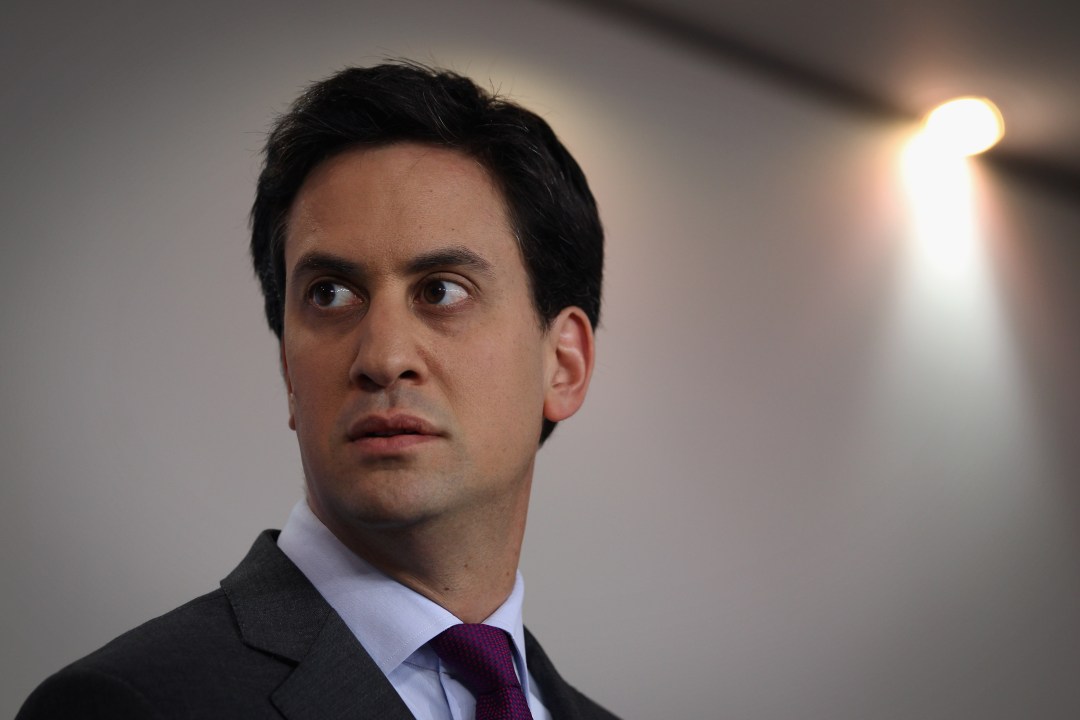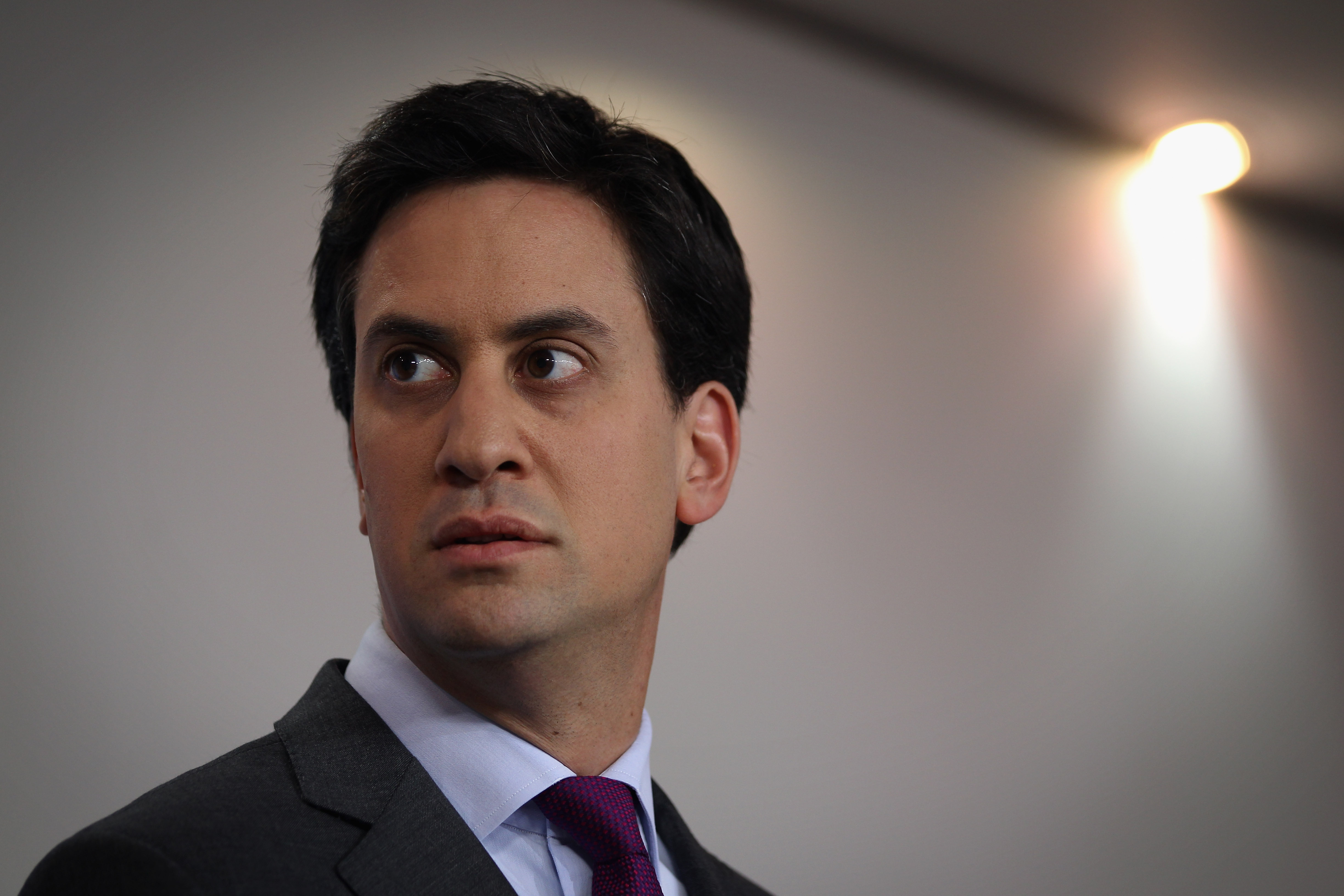 Well, folks, the 2012 model of Ed Miliband looks and sounds rather like the
unfancied 2011 model. Just compare the New Year message that he released today with the
one that he issued a year ago; the similarities are plenty. His main argument this year is that the Tories are the party of
gloom — resigned to years of stagnancy, unemployment, pestilence, etc — whereas Labour are the party of a bright new future, there to show that ‘optimism can defeat
despair’. Or, as he put it at the end of last year, ‘Even in these tough times, we must keep the flame of optimism burning.’
Well, folks, the 2012 model of Ed Miliband looks and sounds rather like the
unfancied 2011 model. Just compare the New Year message that he released today with the
one that he issued a year ago; the similarities are plenty. His main argument this year is that the Tories are the party of
gloom — resigned to years of stagnancy, unemployment, pestilence, etc — whereas Labour are the party of a bright new future, there to show that ‘optimism can defeat
despair’. Or, as he put it at the end of last year, ‘Even in these tough times, we must keep the flame of optimism burning.’
There are some differences, though. Compared with last year, Miliband talks much less about the coalition going ‘too far, too fast’ with deficit reduction. And, in fact, he even warns against the deficit getting worse, as in his misleading* suggestion that:
‘…neither in Britain, nor across the world, can anyone afford just to stand back and watch unemployment rise, growth stagnate and indeed borrowing go higher as a result.’
This new emphasis on fiscal responsibility chimes with Ed Balls’ recent interview with the Independent, in which the shadow chancellor stressed that ‘there have got to be cuts’. With them consistently polling behind the Tories on the economy, Labour have clearly decided to slide closer to Cameron and Osborne on such matters.
And here we come to Miliband’s perennial problem: balancing the two halves of his argument. Optimism and deficit reduction needn’t be mutually exclusive. But when the Labour leader has few policies to meet the first half of that equation, and is yielding to the Tories on the second, then he’s going to find it difficult to properly convince anyone. And while it’s true that we may hear more specifics in the New Year, what has been hinted at so far (‘we will be taking a tougher approach to conditionality [for benefit claimants]’, says Balls) doesn’t suggest that Miliband has this optimism lark down pat.
Which is to say: plenty of Labour MPs will be pessimistic about their party’s chances in 2012. Some flame.
*Why misleading? Because some people might hear that and think that borrowing is rising — but it’s not. However it’s measured, borrowing is expected to fall, year on year, for every year of this parliament (see the third graph here). What have risen are the Office for Budget Responsibility’s forecasts for borrowing in each individual year, but that doesn’t mean that borrowing is rising overall. Ed Balls has conflated these two points before, although he admitted the error afterwards. It may, however, suit Labour to keep making this ‘slip-up’ throughout the New Year, so keep an eye out.







Comments